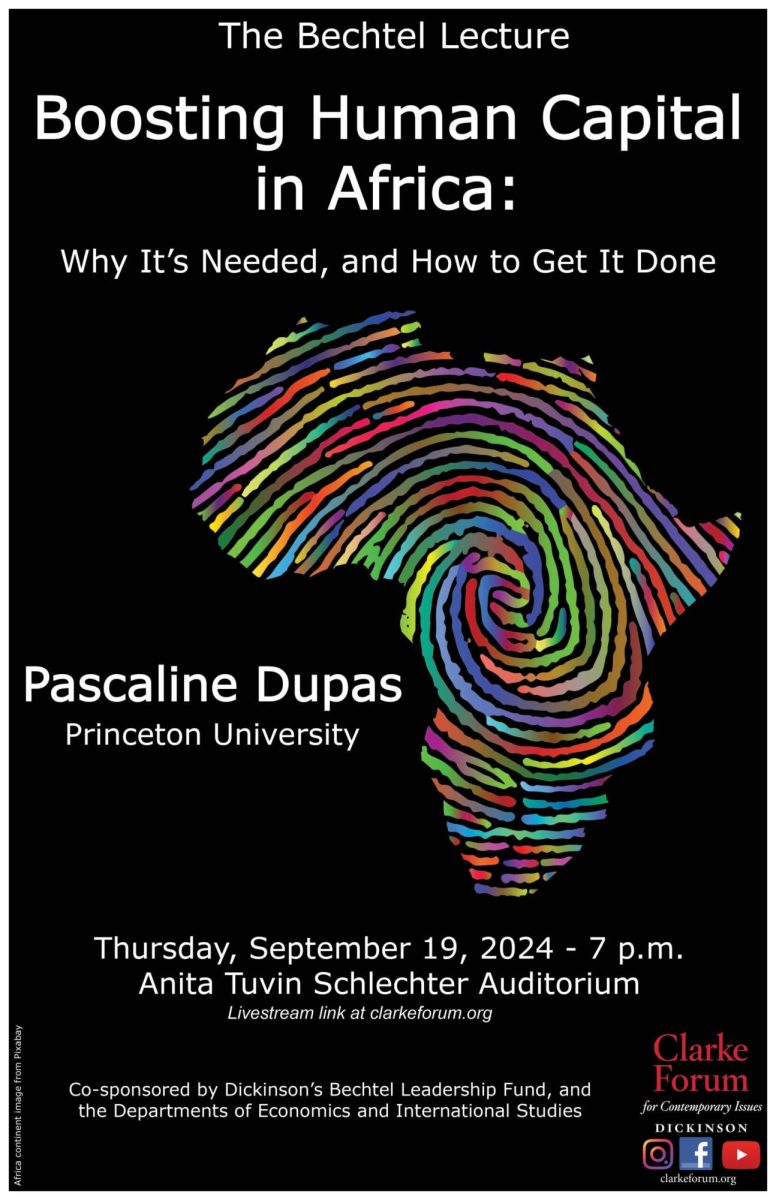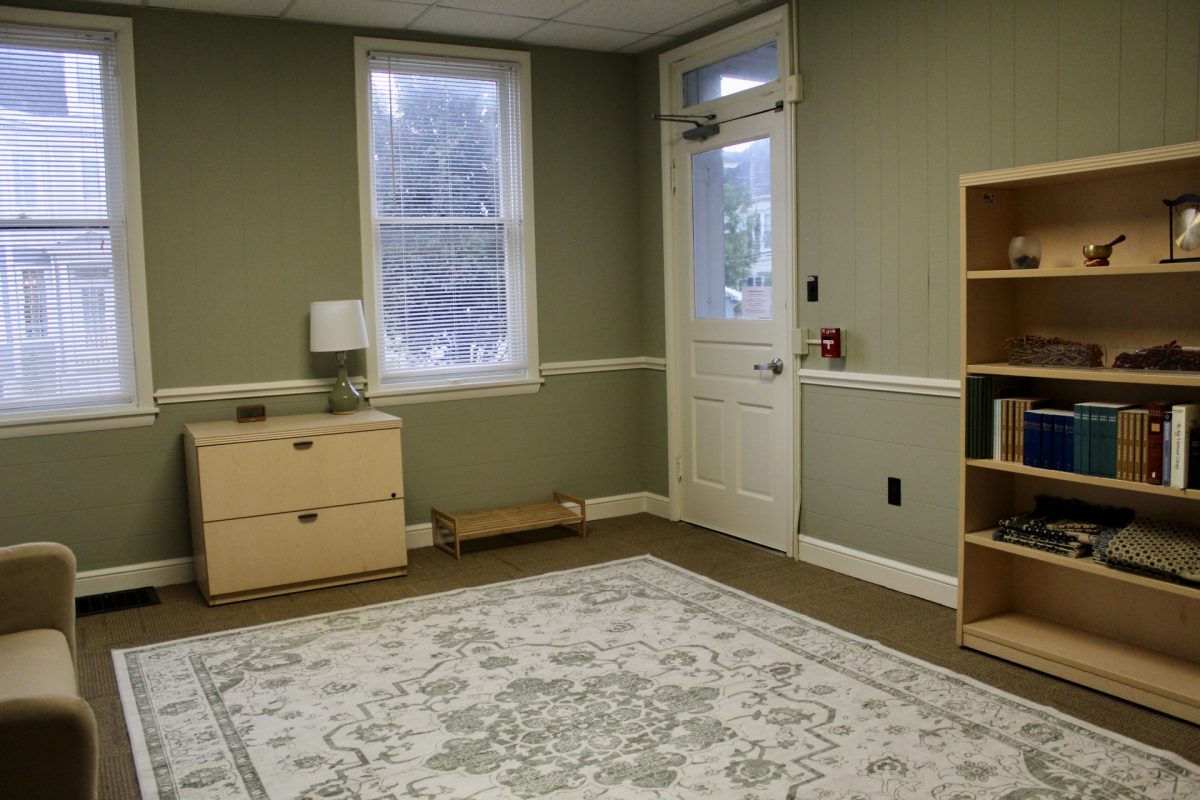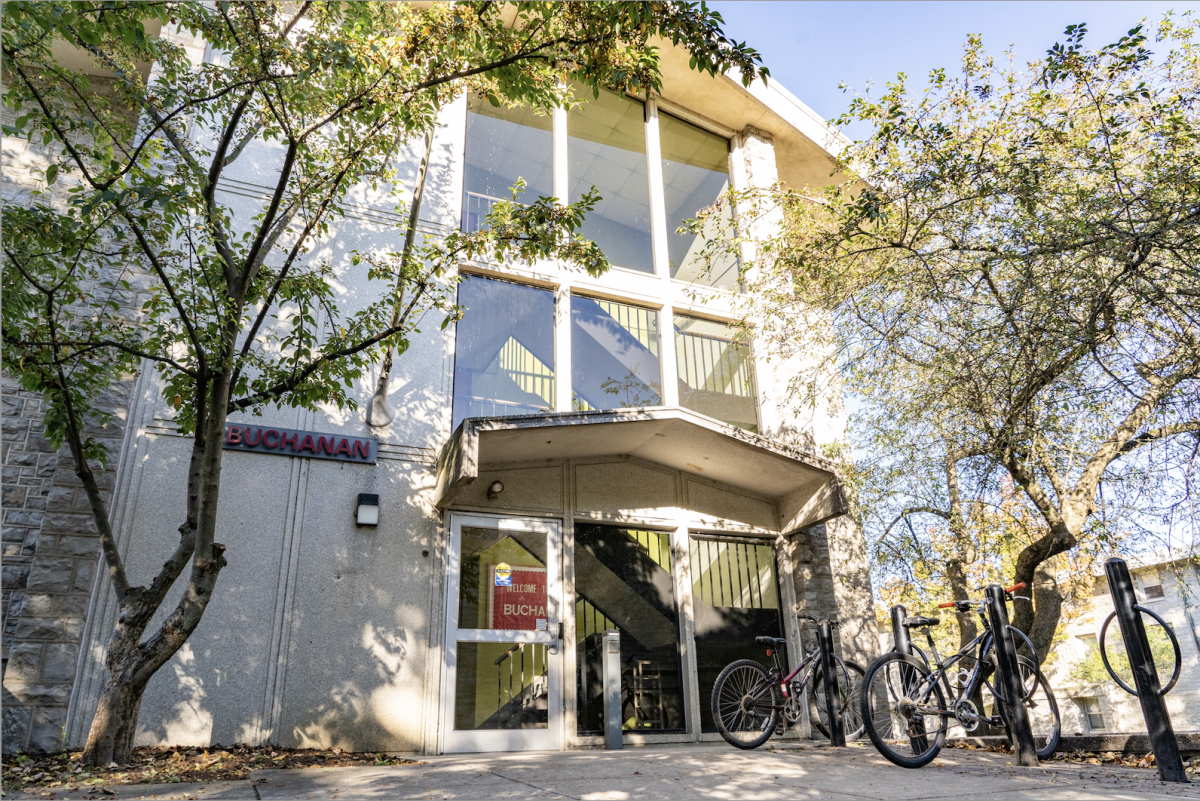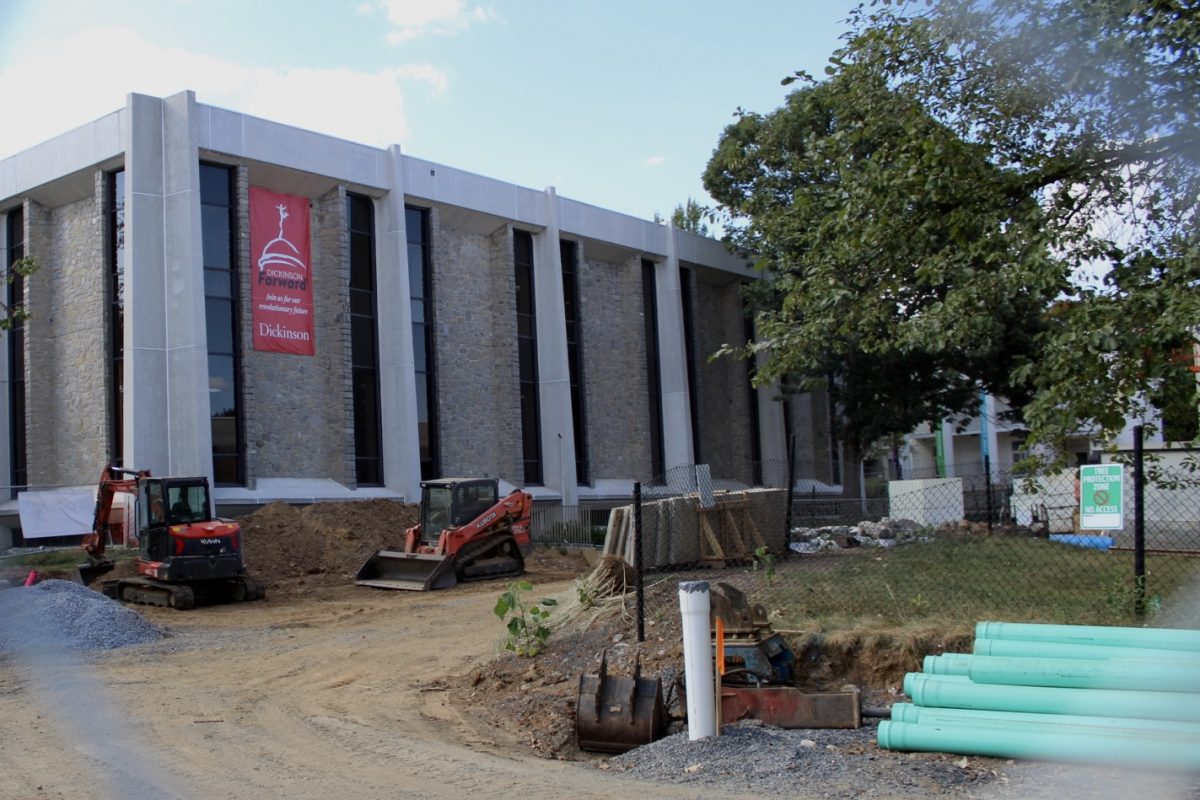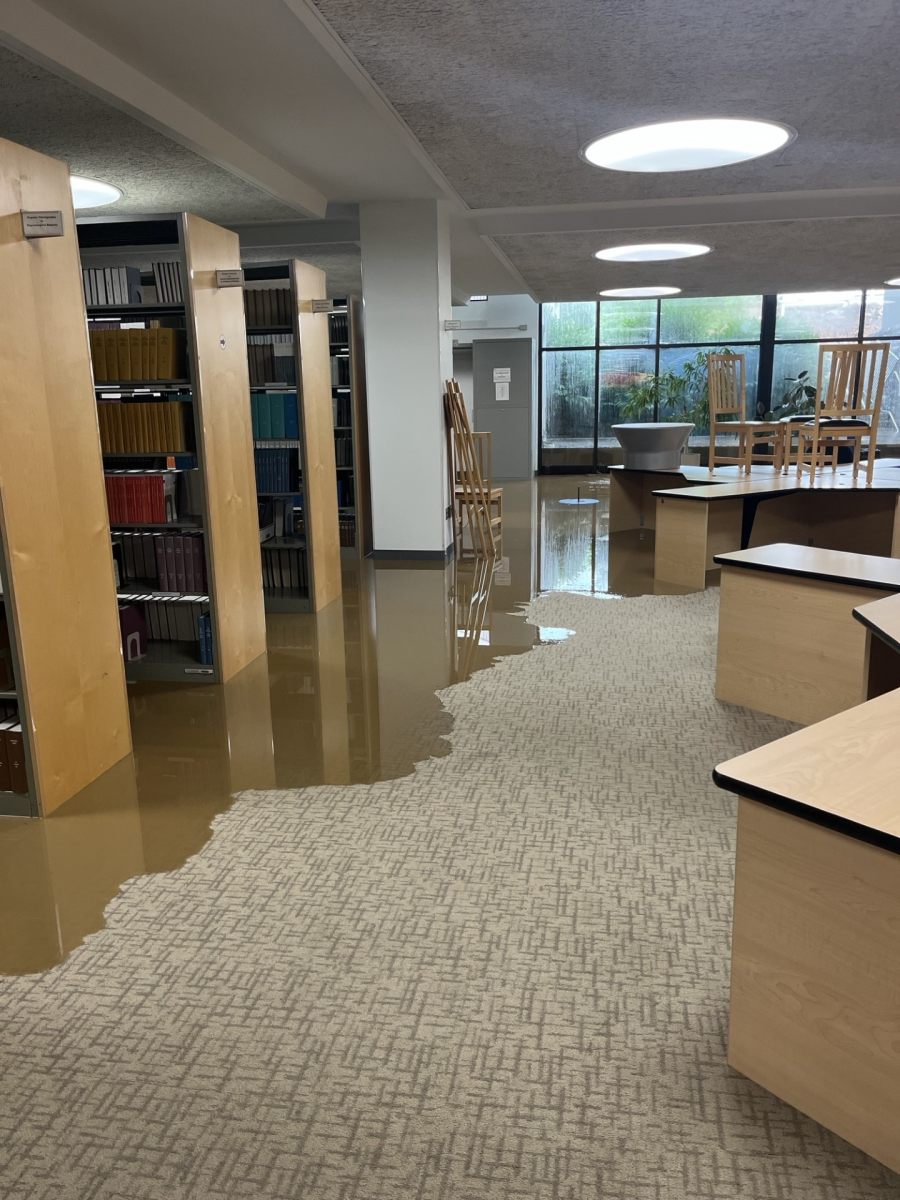What would it take to bring the bulk of a continent out of poverty? According to Pascaline Dupas, professor of economics and public affairs at Princeton University, there are many relatively simple steps for Sub-Saharan Africa (SSA) that can collectively improve the region’s prospects for the future. Dupas outlined these steps at her Clarke Forum lecture, “Boosting Human Capital in Africa” on Sept. 19.
Dupas’ lecture focused on human capital, the economic concept of the quality of a workforce based on a mix of education and experience, and the steps required to improve this socio-economic metric. In her presentation, she noted how only 45% of secondary students in SSA graduate. However, this number consistently grew when direct cash transfers to families and subsidies for mandatory uniforms were enacted. Schools could also be used as community health centers, especially in a region with endemic malaria and other tropic diseases.
Dupas noted the low-cost nature of many programs to raise human capital. For instance, cost-sharing of mosquito nets leads to a sharp increase in demand amongst impoverished households, which leads to fewer cases of fatal illnesses. Assured demand is another mechanism to improve health by convincing foreign pharmaceutical firms to work on diseases native to Sub-Saharan Africa.
In keeping with the diversity of viewpoints encouraged by the Clarke Forum, Dupas also took time to present a few controversial solutions to the limited human capital of Sub-Saharan Africa. The first was debt relief, to allow states in the regions the opportunity to build up permanent revenue streams instead of servicing interest. This proposal isn’t new, and the secretary-general of the UN has recently called to attention that a lack of action on debt could lead to increased social unrest.
Another suggestion is that of open borders. Access to foreign economies and the following remittances has allowed developing countries in South-East Asia and Latin America injection of capital to stimulate domestic economic growth. Unconventional solutions could be extremely useful when previous development strategies such as a reliance on natural resource extraction have proven unsuccessful.
Dupas noted that Sub-Saharan Africa still faces numerous challenges to overcome. Firstly, the chronic instability throughout the region makes foreign investors reluctant to provide the necessary capital for major projects, or in the case of China, have become nervous about the credit-worthiness of African states. These states also suffer from systemic issues of corruption and the underlying design of colonial-era institutions to extract natural resources as opposed to building infrastructure. Additionally, many states in Sub-Saharan Africa need to improve their internet, transportation and water capacity to allow for local entrepreneurs to grow their businesses.
The Clarke Forum for Contemporary Issues encourages discussions through its various programs to allow Dickinson students to interact with material outside the classroom. During the question and answer session, Dupas provided lengthy, in-depth answers to student’s queries ranging from natural resource extraction to industrialization. The lecture was well attended and helped connect the classroom content of the popular majors of Economics and International Business and Management with the global economy.



